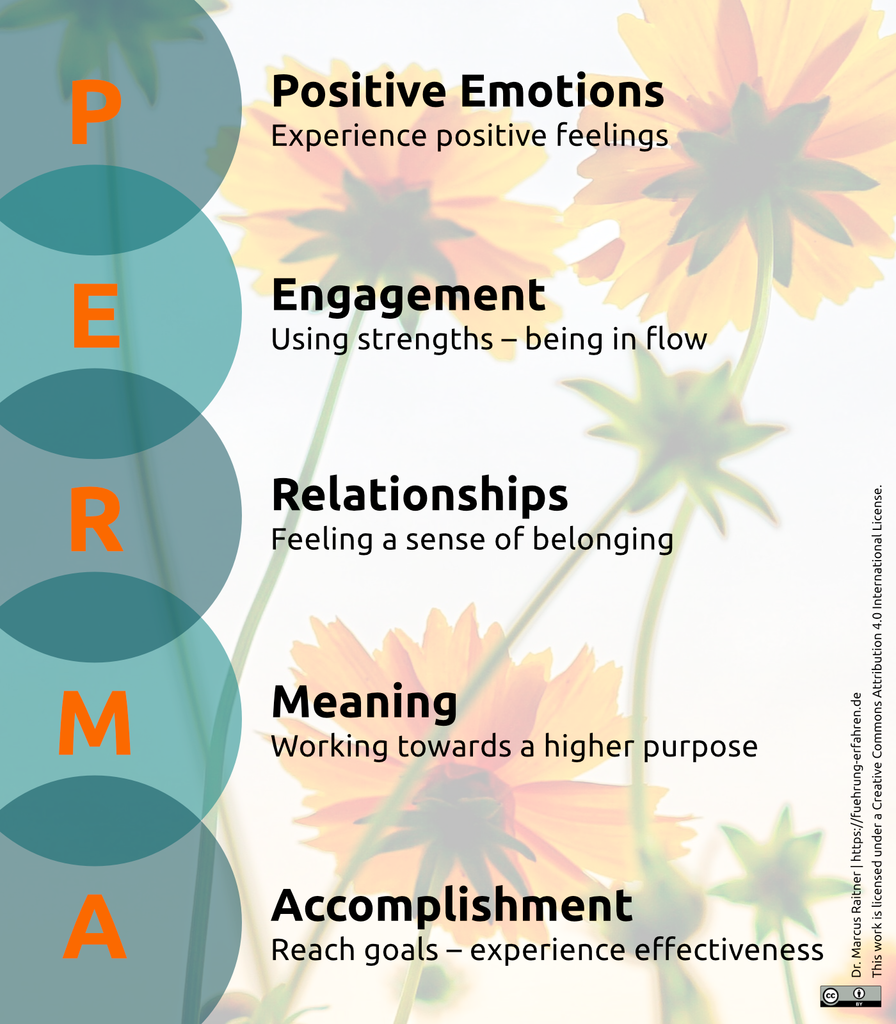Leadership requires context rather than control. The chess master retired a long time ago. Today there is a demand for leaders who, like gardeners, create an environment in which people flourish and their ideas grow well in the pursuit of a common mission.
The experienced gardener knows the strengths, weaknesses, demands and preferences of the plants. He knows which ones complement each other well and which ones do not get along at all. And he knows that it depends on the location and especially on the light, water and soil. A good gardener thinks and works in these categories.
What is already not quite trivial with plants, as every hobby gardener can tell from painful experience, is incomparably more complex with humans. In which environment do people flourish and what makes them wither? And what essential categories are there to influence this process? In short: Where can leadership exert its influence?
The question of a fulfilled, successful and happy life has been moving people for a long time. Philosophers have always tried to give answers to this question, while psychologists have always been more concerned with problems and more with the failed or at least the life that is perceived as failed. Since Martin Seligman took up the concept of “Positive Psychology”, introduced by Abraham Maslow in 1954, and popularized it in the 1990s, psychology has now also been able to offer some interesting and empirically proven answers.
P is positive emotion, E is engagement, R is relationships, M is meaning and A is accomplishment. Those are the five elements of what free people chose to do. Pretty much everything else is in service of one of or more of these goals. That’s the human dashboard.
Martin Seligman
Martin Seligman summarized his findings in the PERMA model. PERMA stands for Positive Emotions, Engagement, Relationships, Meaning and Accomplishment. These five components of a fulfilled life provide the first indications of what leadership should do in order for the company to become a workshop for prosperous life.

P – Positive Emotions
Of course, positive emotions such as joy, gratitude, hope, fun or pride contribute to our well-being. But the real insight of the PERMA model is that this is not the sole dimension, but only one of five.
How we experience our life is to a large extent in our own hands. Viktor Frankl put it in this simple formula “There is a space between stimulus and reaction. In this space lies our power to choose our reaction. In our reaction lies our development and our freedom.” In particular, we have the choice of what to focus our attention on.
Unfortunately, we tend to rather perceive the negative in our environment and focus on problems. This so-called “Negativity Bias” causes us to experience negative things much more intensively than positive ones. This tendency can be consciously counteracted, e.g. by taking some time every evening to recall the positive experiences of the day.
E – Engagement
Being able to use and develop one’s personal strengths is an essential factor for motivation and satisfaction. We have all experienced what it is like to be enthusiastic about something and to burn for it, and while working on it to get into that state that the psychologist and author Mihály Csíkszentmihályi described as “flow”.
An essential prerequisite for flow is that challenge and skills are well matched: difficult enough to exert a stimulus and easy enough for partial success to sustain motivation. Leadership in this sense means on the one hand to make strengths productive and weaknesses irrelevant and on the other hand to offer people appropriate opportunities to experience flow and ultimately to grow.
R – Relationships
Man is a social being. Belonging to a group or an extended family used to be essential for survival. An outcast individual was at the mercy of the forces of nature and an easy prey. Fortunately, this is different today, but what remains is our longing to belong to a group and our longing for meaningful relationships.
Leadership can become effective immediately by preventing the still widespread and now because of the crisis erupting culture of fear and unhealthy competition, and by striving for psychological safety instead. In fact, this psychological safety turned out to be by far the most important ingredient for effective teams in Project Aristotle at Google. Superstars alone do not make a good team. In truly effective teams, there is a high level of security so that members dare to speak their mind and take risks.
M – Meaning
It makes a difference whether I haul stones just because of the daily wage or because I am working on a cathedral. Being able to see our own work as a contribution to something big and important is very important for our well-being. Companies that have turned profit into an end in itself have unfortunately lost in this dimension and should not complain about employees behaving like mercenaries.
Leadership provides orientation by offering a meaning beyond profit that appeals to people and which they then hopefully feel drawn to. This is precisely why the third thesis of the Manifesto for Human(e) Leadership is called “Purpose and trust over command and control”.
A – Accomplishment
A sense of achievement by reaching (just high enough) goals naturally contributes to the overall well-being. Successes and partial successes must be recognized and celebrated (e.g. through the Kudos cards to the Manifesto for Human(e) Leadership). However, where there is too much envious competition, this is not possible or only dishonestly possible, because the cooperation within the company becomes competition and is then erroneously regarded as a zero-sum game: If the other guy wins, I lose.
Everything about a large corporation felt alien. People were afraid to the point of paralysis. They were afraid that someone might get promoted before them. Afraid to challenge their boss’s bad idea. Afraid of making a mistake. Afraid of not being invited to the CEO’s golf outing. Afraid of building anything without first pitching it in a PowerPoint deck.
Gregory Larkin, 2018. This Might Get Me Fired (Amazon Affiliate-Link)



